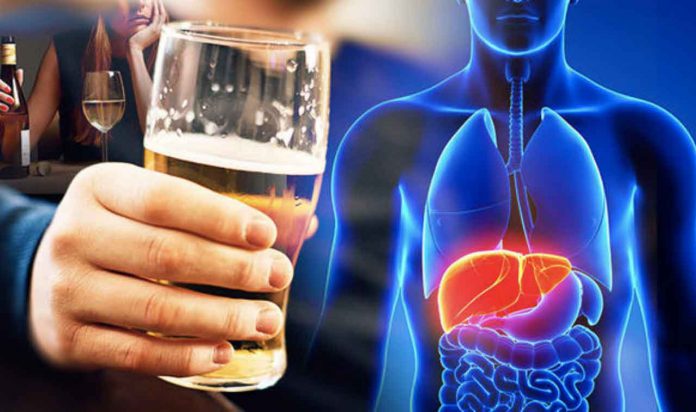The myth of a biogenetic “cause” could falsely imply that problematic drinking is predestined and incurable, contributing to worse outcomes. The association between this belief and drinking frequency was found in AIAN participants who used alcohol only, not in those who also used hard drugs. In both groups, however, belief in the myth was linked to craving, which potentially impairs recovery efforts. The researchers cautioned that the study does not reliably indicate the causes of substance use, and recommended that future research examine how shifting belief in this myth affects alcohol-related outcomes.
American Indians who believe a myth falsely implying that they are biogenetically predisposed to heavy drinking may experience more alcohol craving, more frequent drinking, and worse alcohol-related consequences than those who don’t believe that myth, according to a new study in Alcoholism: Clinical & Experimental Research.
American Indians and Alaska Natives (AIANs) have higher rates of abstinence from alcohol compared to non-Natives in the US, but also higher rates of alcohol use disorder (AUD) among the AIANs who drink.
Research has attributed problematic drinking in this population to social determinants of health (including poverty and unemployment), discrimination, and historical trauma.
No evidence has implicated biological or genetic factors.
Yet the myth of a biogenetic predisposition affecting American Indians is prevalent, even though White Americans’ high rate of AUD, in contrast, is not attributed to such factors.
Previous research involving AIAN college students suggested that belief in this myth contributed to worse outcomes, for example by intensifying their temptation to drink or eroding their confidence in their ability to resist drinking. For the new study, investigators examined the links between a belief in biogenetic vulnerability with alcohol and substance use consequences among American Indian adults who lived on a reservation and self-identified as having substance use problems.
Researchers worked with 141 American Indian adults who identified as having a substance use problem and had consumed alcohol in the previous 90 days. The participants were interviewed and filled out questionnaires assessing their alcohol and substance use and its consequences, and their craving, self-efficacy (confidence in their ability to moderate their drinking or drug use), and belief in biogenetic determinants of alcohol problems among AIANs. The researchers used statistical analysis to look for associations between these factors, comparing participants who used alcohol only with those who used hard drugs too (e.g., methamphetamine, opioids).
Sixty percent of the participants expressed some belief in the myth of the biogenetic determinant. Among those who used alcohol only, increasing belief in the myth was associated with greater craving and more frequent drinking; increased drinking frequency was in turn linked to worse alcohol-related consequences. Among those who used alcohol and hard drugs, belief in the myth was associated with fewer drinking days. But these participants also experienced lower self-efficacy, greater craving, and worse substance use consequences, suggesting that any potentially positive effect of their belief was slight. For all participants, lower self-efficacy was associated with more frequent drinking. Belief in the myth was not associated with self-efficacy, however, perhaps because the adults’ perception of their ability to moderate their drinking was more influenced by other factors, such as personal struggles with alcohol.
Belief in the myth of an American Indian/Alaska Native biological vulnerability to alcohol problems among reservation-dwelling participants with a substance use problem. V. Gonzalez, M. Skewes.

